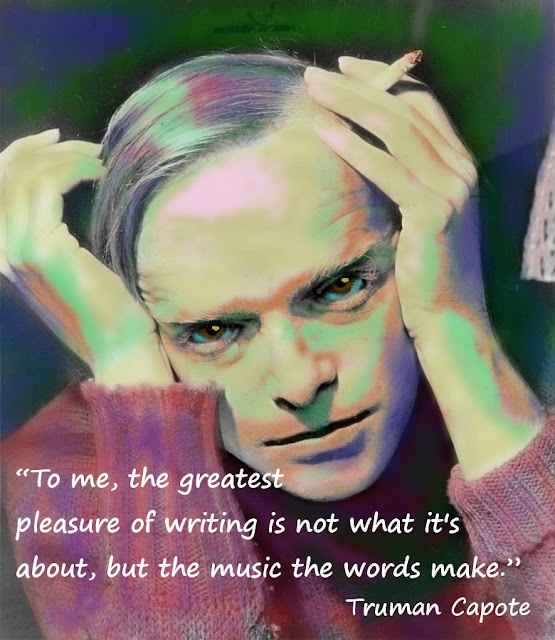In this computer age, our word processing programs try to give us a hand by automatically correcting obvious typos. Occasionally, though, the program's autocorrection feature (or a careless or too-trusting writer using spell-check) will get it wrong, and a misspelling will be changed to the wrong (but correctly spelled) word, resulting in what's known as a
cupertino.
Sometimes, though, an uncommon but correctly spelled word can be miscorrected to a more common but undeniably incorrect word. These seven words fall into that category. Because the words are uncommon, electronic and organic spell-checkers alike might not recognize them as being spelled correctly. So tread carefully.
calender
I put this one first because it (and my miscorrection of it) inspired this post.
Don't squeeze the second
e out of this word.
Calendering is a technique to create different finishes on cloth, paper, and film. With cloth, layers are folded together and then run under rollers of different textures under high pressures and temperatures to give the cloth a particular finish or sheen.
In paper and film, calendering involves running the paper or film between high-pressure
calender rolls. (Imagine an old-timey clothes wringer; then add 200 years and a computerized paper-making machine and you've got the idea.) Each pass through the calender rolls makes the paper or film smoother, making it more or less receptive to pencil, ink, paint or toner.
 |
| One squeezes water from your clothes. The other squeezes water from your clothes and makes sure those clothes never fit right again. |
bettor
A
bettor, simply put, is someone who bets, and the word is easier to say than
wagerer. The better bettors can actually make a living at gambling, which can make bad bettors bitter.
politicly
Because everything seems political these days, this might look like a misspelling of
politically. It isn't, of course; it's the adverbial form of the adjective
politic, meaning "shrewd or tactful." Being a politician is not a requirement for being politic. In fact, the two might be mutually exclusive.
The distinction becomes clear when you consider the opposites of
politically and
politicly, namely
apolitically (or
nonpolitically) and
impoliticly.
precisian
According to Merriam-Webster's,
precisian first appeared in print 170 years before its more popular cousin
precision (in 1571, to be precise). Though they are both nouns and they share the same idea of "being precise,"
precisian is something you could call a person, namely one who stresses and practices strict adherence to a particular standard, especially a religious one.
Depending on your point of view, a precisian might be a saint or a dictator. A role model or a prude. An authority or a martinet. A bless-the-beasts-and-the-children type, or a how-can-you-have-any-pudding-if-you-don't-eat-your-meat type.
quittor
They say a quitter never wins, and if you're a horse with quittor
, that is doubly true.
Quittor, also called
graveling, is a leg infection in equines that causes lower leg cartilage to become inflamed. Historically, it's more common in draft horses than race horses, and since draft horses aren't used that much anymore, quittor isn't seen as often as it used to be.
Still, the word can help you land a nice Q-based bingo in your next game of Scrabble.
radicle
There's nothing radical about
radicle, which has been around since the late 17th century. The
radicle, a botanical term, is the embryonic root of a seed. When a seed is planted, the radicle is the first visible growth, the first tendril to reach beyond the confines of the seed. It protrudes into the soil and eventually becomes the plant's root system.
terrane
This is a toughy because its meaning so closely relates to the
terrain that we all know.
Terrane is a term used in geology and paleontology that means "the area or surface over which a particular rock or group of rocks is prevalent."
Similar to examining the history of a tree by examining its rings, Earth's geological history is discovered by examining its layers of rock. A terrane of a certain type of rock can reveal localized prehistoric events such as volcanic eruptions, glacial movements, meteor strikes, and zombie apocalypses.
Or so I gather from a bit of research. Geology isn't really my terrain.













